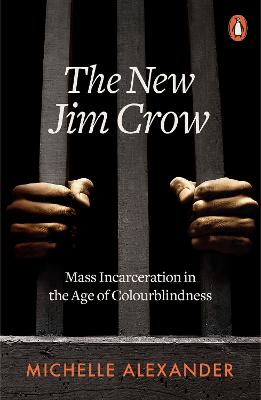Reviewed by Jeff Sexton on
Reading updates
- Started reading
- 18 February, 2018: Finished reading
- 18 February, 2018: Reviewed

The iconic New York Times bestseller that 'struck the spark that would eventually light the fire of Black Lives Matter' (Ibram X. Kendi)
Named one of the most important nonfiction books of the 21st century by Entertainment Weekly' Slate' Chronicle of Higher Education' Literary Hub and Book Riot
Once in a great while a book comes along that radically changes our understanding of a crucial political issue and helps to fuel a social movement. The New Jim Crow is such a book. Lawyer and activist Michelle Alexander offers a stunning account of the rebirth of a caste-like system in the United States, one that has resulted in millions of African Americans locked behind bars and then relegated to a permanent second-class status, denied the very rights supposedly won in the Civil Rights movement.
Challenging the notion that the election of Barack Obama signalled a new era of colourblindness in the United States, The New Jim Crow reveals how racial discrimination was not ended but merely redesigned. By targeting black men through the War on Drugs and decimating communities of colour, the American criminal justice system functions as a contemporary system of racial control, relegating millions to a permanent second-class status even as it formally adheres to the principle of colourblindness.
A searing call to action for everyone concerned with social justice, The New Jim Crow is one of the most important books about race in the 21st century.